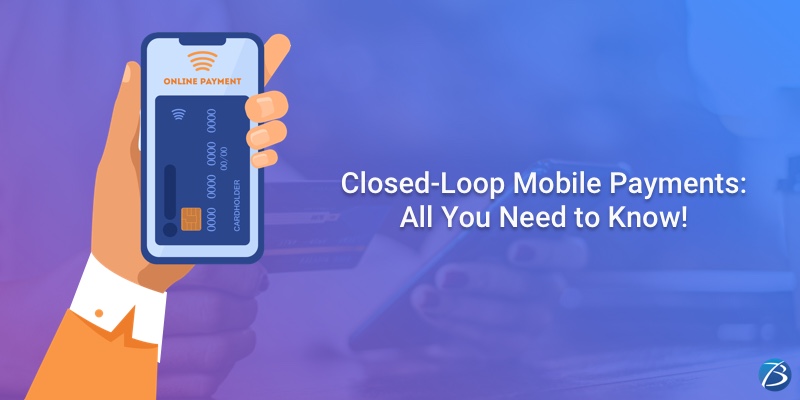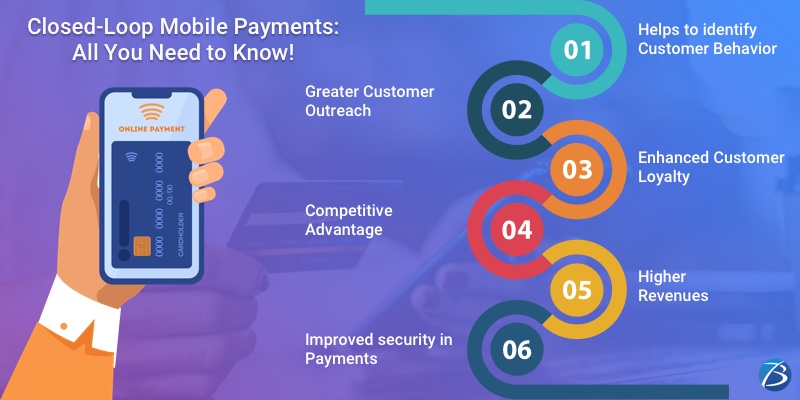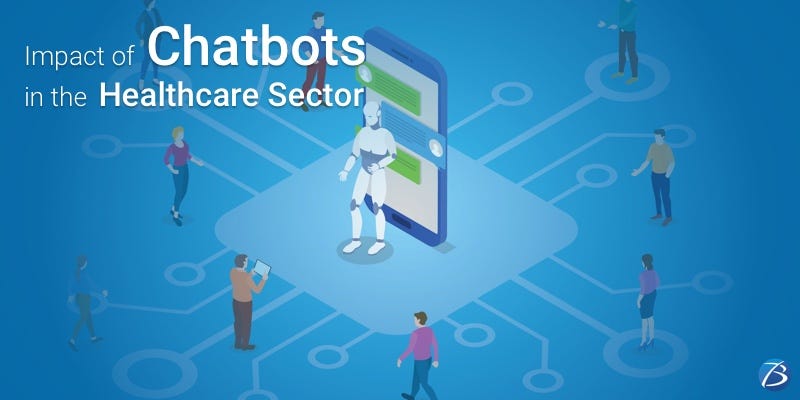A host of events are held daily, whether sports events, corporate meet-ups, festivals, exhibitions, conferences, or weddings, and needless to say, planning them is a tedious job. Any event, whether small or large, needs proper planning and organization to make it a huge success.
In any event, there are several tasks like informing the attendees, managing the vendors, promotion of the event, budget constraints, and many more. A few years back, all these tasks were handled manually, but thanks to the new-age event apps, such tasks can be executed seamlessly in automated mode. Besides, these apps also make event management a stress-free job for planners, sponsors, and organizers.
These event apps are reshaping this industry in myriad ways. Rather, as per a survey, in the year 2020 itself, about 71% of the event professionals invested in event technology for boosting their event business. So, it is high time for the event organizers and planners to consider building impactful event planner apps and take their business to a new level of success.
In this post, we have explained in detail about the potential advantages of advanced event apps and the detailed steps for creating such top-notch event planning apps. Let’s delve into the details.
Key Advantages of Event Apps for Planners, Sponsors, Organizers, and all Attendees
- An event app helps in giving an exceptional experience to all event attendees by simplifying the tasks like registering for the event, buying tickets, checking in using their smartphone, etc.
- It helps enhance the interest of the clients, even before the actual event begins. For instance, an event app can be utilized for discussing certain subjects for better attendees’ engagement. A few other options include live steaming, surveys, contests, etc.
- An app enables the attendees to network with people having common interests or connect with them for career enhancement, or business benefits, etc.
- An event management app also acts as a robust promotional platform for event speakers, sponsors, etc. as some of these apps have a distinct section for displaying information of speakers, sponsors, etc. Thus, they also get an in-app sponsorship space through these apps.
- An event management application can not only create real-time content for any particular event, but it can also control the content with an online CMS. This empowers the enterprises to create, edit or distribute the relevant and up-to-date information within the application, without the risk of sharing confidential, sensitive, or private information with the wrong users.
- Furthermore, an event application helps to broadcast any event-related news, changes in the timing/venue, etc. on the social media pages of the event to be held, using the social media synchronization feature in the app.
- These apps can help the event planners and organizers to get real-time feedback and review of the events for analyzing the events’ progress. These apps help gather insightful analytics which is beneficial to the organizers for making conclusions of their planning and marketing efforts.
- One event app can be a one-time investment that can be utilized for hosting multiple events.
Detailed Steps to Create a High-end Event App
Determining the Objective
Why do you want this app? You first need to figure out the purpose behind developing the app. For this, brainstorm on the basic concept, the target audience, their preferences, your competitor apps, etc. by conducting thorough research.
Decide the Type of Application You Want to Develop
Event apps can serve different purposes as per the type of event. So, before getting straight into the event planning app development process, you need to know the type of event apps that exist. The types of these apps are categorized based on the following factors:
- According to the purpose: Event aggregators or dedicated event applications
Event aggregators: these are built for organizing several events from different organizers, where every organizer invites the event attendees.
Dedicated event applications: these types of apps mostly have just a single organizer who hosts events just for one single company.
- Based on the audience: Some apps are focused on all the attendees and their main purpose is networking and schedules. Some event apps are focused on the organizers and such apps are designed to manage the events in the best possible way.
- As per the implementation: White-label solutions or customized event apps
White-label solutions: these are the apps from which the organizers can draw and plan any event.
Customized event apps: these are the apps that can be developed with a certain style that aligns with the image, web design, etc. of the company.
- The event type and scale: these include apps meant for local meet-ups, global conferences, parties, weddings, etc. For instance:
- company event planning apps
- conference planning apps
- web conference software
- party planner apps
- festival guide apps
- wedding event planning apps
Brainstorm on the Implementation Options
Do you want just a mobile app or a web-based app or both? Web apps are great when we want the ticket purchasing feature, but mobile apps are the best while hosting an event and all the users are present at the event location. Also, mobile apps can work in an offline mode. For mobile apps, you can either choose to create a native app or go for cross-platform options.
Decide on Other Technical Considerations
As we know, iOS and Android are the most dominating platforms. So, you may choose any of these or both platforms as per your goals and budget. Other platforms like Microsoft and Blackberry too can be considered, but they may cost a fortune. Next, for enhancing the functionality of your event app, consider adding API interface integrations or third-party plugins.
Finalize the Features and Functionalities
Here is a list of essential as well as advanced features to choose from for your event app:
Essential Features:
- GPS Integration
- Event Booking
- Event List and Schedules
- Push Notifications
- Adding to Favourites
- News Feed
- Program Preview
- Calendar
- Payment Integration
- Social Media Integration Feature
- Photos/Videos
- App Analytics
Advanced Features:
- Messaging and Chatting
- Mobile check-in
- Live-streaming
- In-app camera
- Offers and Discounts
- QR code scanning
- Gamification features
- Personal Mobile Vallet
- Data Collection and Processing
- Customer Feedback and Rating
Hire Event App Development Team
Now, it is time to research well and hire a reliable event app development company for accomplishing your project. This would always be a better option rather than hiring an in-house team as you will get a ready team of expert event app developers on a cost-effective budget. This will also improve your time-to-market and allow you to focus on your core business. In this case, hiring an offshore development company like Biz4Solutions is a wise decision.
Design, Test and Launch the Event App
Now, connect with your development team, set clear work expectations and timelines for them, and create a visual prototype for your app. Start the design and test the app after every stage of app development. Once the app is completely architected, launch the app.
Consider Monetization Options before the App Release
It is vital to consider the monetization of the app, even before its launch. After all, your investment must be worth it and should be able to generate some additional income for you. Here are some of the pointers you can consider:
- Making some of the features paid
- Placing relevant ads on the app
- Adding minor service fees for ticket selling
- Capitalizing on partnerships
- Customizing your event app to be a white-label solution
Final Thoughts
Digitalization has disrupted the event planning industry in diverse ways. Event apps have become a must-have for today’s event planners and organizers. Also, in this pandemic situation, most events are hosted online using some platforms and it is highly likely that this trend would continue for years to come.
So, in this blog, we have outlined the key benefits of event planning apps and also explained the app development steps in detail. Hope it helps you in making appropriate decisions while designing your event planner app.
Do comment below or reach out to us for any assistance on developing event mobile and web apps.

















